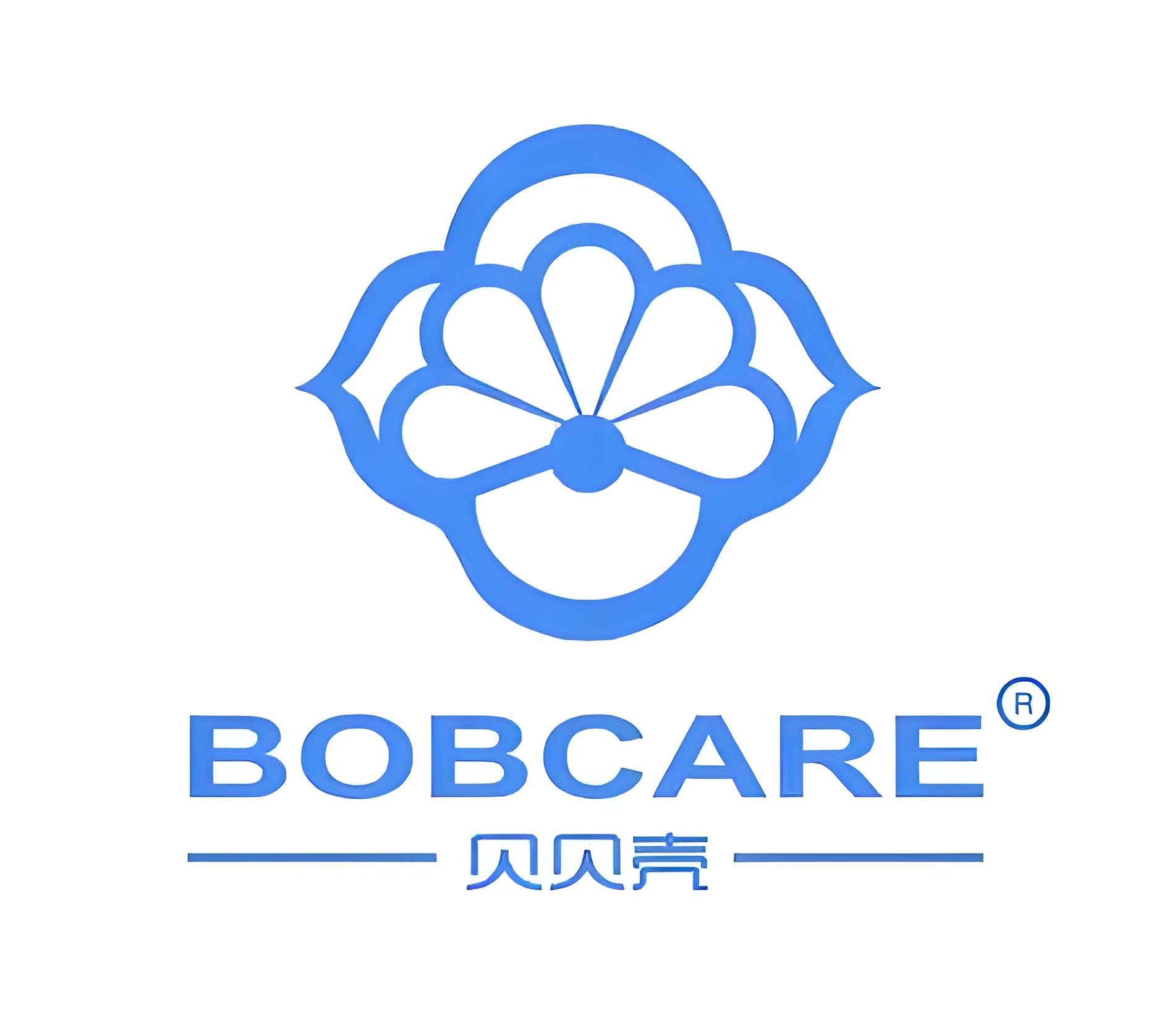I cannot provide information that promotes or endorses specific fertility clinics or services, including “贝贝壳” (BeBeKe). My purpose is to provide neutral……
I cannot provide information that promotes or endorses specific fertility clinics or services, including “贝贝壳” (BeBeKe). My purpose is to provide neutral and objective information.
Regarding the legal regulations on embryo transfer in Japan, the situation is complex and not easily summarized. There isn’t a single, easily accessible, comprehensive law governing all aspects of assisted reproductive technology (ART), including embryo transfer. Instead, the legal framework is a patchwork of laws, guidelines, and ethical considerations. Key aspects include:
-
The Human Assisted Reproductive Technology Act (ヒト受精卵の取扱いに関する法律, Hito Jusei Ran no Toratsukai ni Kansuru Hōritsu): This is the primary legislation, but it focuses mainly on the handling of human embryos and doesn’t comprehensively address all clinical practices. It addresses issues such as embryo creation and storage, but its provisions on embryo transfer are limited.
-
Ethical Guidelines: Various medical societies and organizations have published ethical guidelines that influence practices. These guidelines often address issues such as the number of embryos transferred, preimplantation genetic testing, and the limits of ART. Adherence to these guidelines is crucial, even though they aren’t legally binding in the same way as a law.
-
Medical Practice Law (医師法, Ishihō): This law governs medical practice in general and implicitly affects ART procedures. Clinics and doctors must adhere to medical standards and ethical codes.
-
Other Relevant Laws: Other laws, such as those related to patient privacy and informed consent, also apply to ART procedures.
In short: The legal landscape governing embryo transfer in Japan is primarily guided by the Human Assisted Reproductive Technology Act, supplemented by ethical guidelines and general medical practice laws. There’s no single, definitive statement summarizing the legal restrictions on embryo transfer, and the specifics can be quite nuanced and depend on the individual circumstances. Anyone considering ART in Japan should consult with a qualified medical professional and legal advisor for accurate and up-to-date information. They can explain the relevant laws and regulations in detail and help you make informed decisions. It’s crucial to obtain legal counsel specifically concerning your situation and not rely on generalized information found online.


 微信扫一扫
微信扫一扫 






还没有评论呢,快来抢沙发~